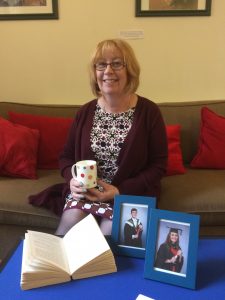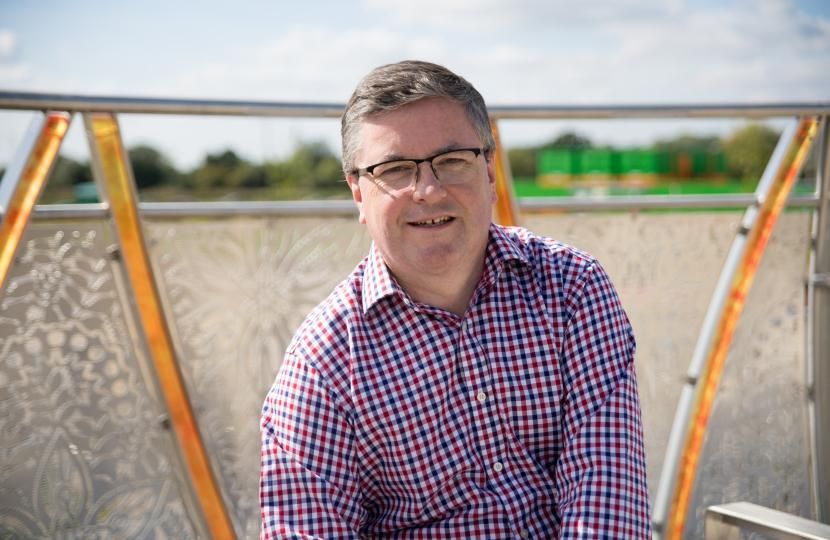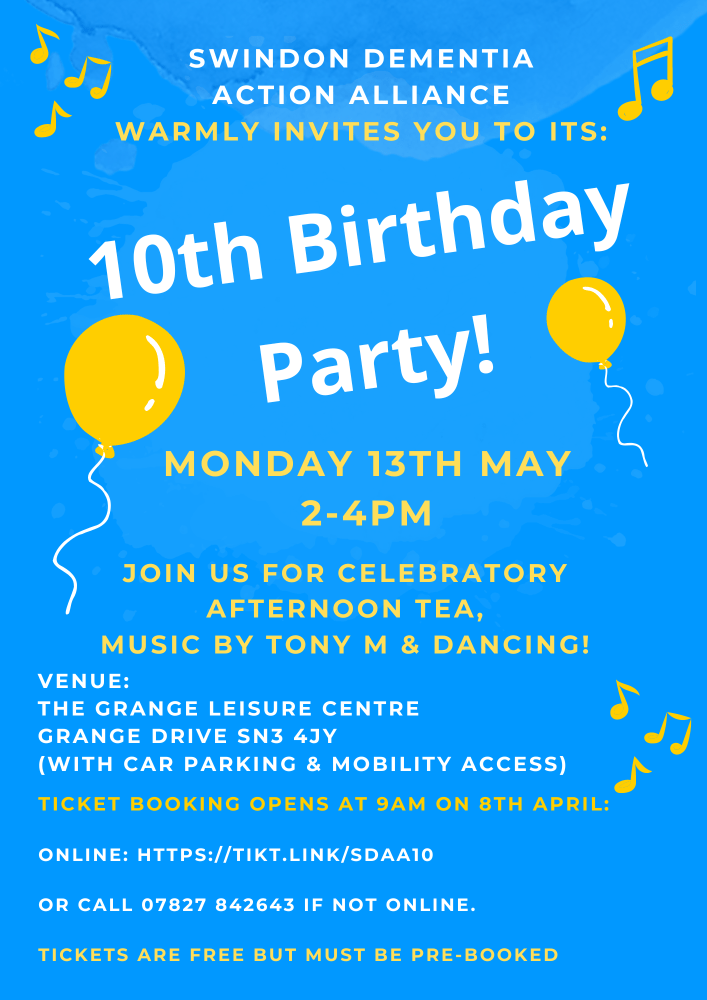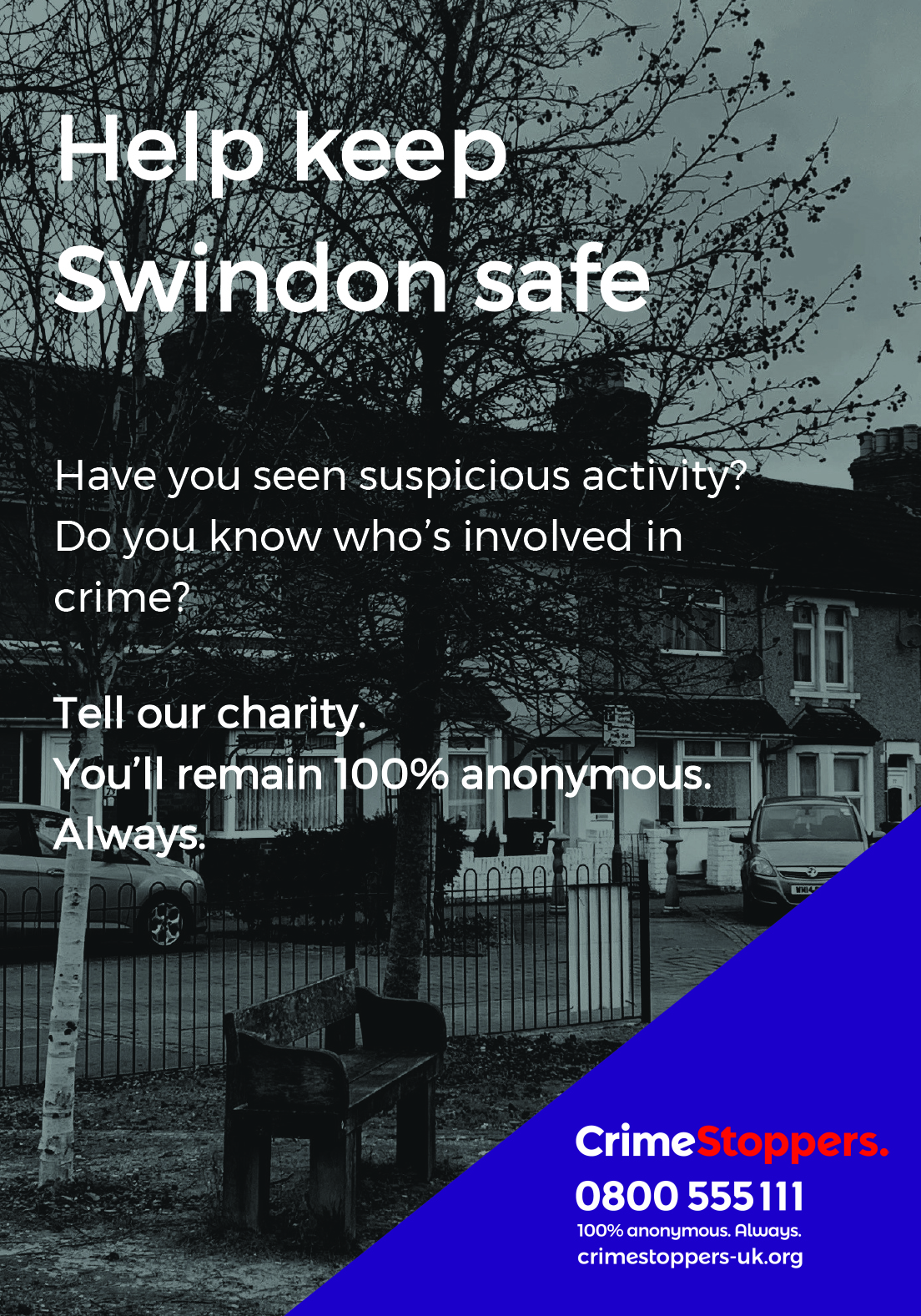In a UK-wide study looking at the state of relationships with friends and neighbours, 1 in 8 people (13%) reported having no close friends. This has increased from 1 in 10 in subsequent years (2014, 2015).
A report on the study’s findings, You’re not alone – the quality of the UK’s social relationships, is released today by national charities Relate and Relationships Scotland. Over 5,000 people were questioned about their relationships with friends and neighbours as part of the study.
The study found that people with no close friends were two-and-a-half times as likely to say they feel down, depressed or hopeless either often or all of the time (31%) as those with four or more close friends (13%).
And people who reported their friendships to be ‘very good’ were more than twice as likely to feel good about themselves often or all of the time as people who said their relationships were ‘average’.
Kimberley Wall, Service Development Manager at Relate Gloucestershire and Swindon believes these statistics shouldn’t be ignored because they have widespread implications for all of us; “Our culture and way of living has changed even over the last few years. Technology, for example, has affected our relationships in both positive and negative ways.
"If you are on social media sites then this might mean you have access to more online interactions than ever before but this may not feel the same as being able to meet a friend face to face or spending time getting to know your neighbours.
“Loneliness usually affects us all at some point in our lives anyway, especially during transformative periods such as starting a family, relocating for a career, the breakdown of a relationship or simply getting older (in which friends can be lost or our needs or interests as individuals evolve).
"But if loneliness becomes a permanent mind-set or way of life then this study shows that this can affect one’s mental health and well-being so these increasing statistics need to be addressed”.
Neighbours or feeling part of a community also might be more important to us than we realise. The report shows that people who enjoyed better relationships with their neighbours were more likely to feel good about themselves and less likely to feel down, depressed or hopeless.
In the South West, 61% of people reported having good relationships with their neighbours. This was slightly higher than the national figure – 60%. People living in Wales were the most likely to report good relationships with their neighbours (67%) whilst people living in London were the least likely to report this (52%).
Ellaine Cameron, CEO of Relate Gloucestershire and Swindon can relate to these findings personally.
When Ellaine had been married for 9 years, her husband, Alistair, was being moved from Edinburgh to Gloucester because of work. Their children were then aged 3,4 and 7 and she describes the loneliness that followed as ‘paralysing':
Ellaine said:

Ellaine Cameron, CEO of Relate Gloucestershire and Swindon
“The children had all been born and attended local school and nursery; children had lots of friends and so did I. I had been involved in Church and playgroup committees. We had lived in a small town and knew loads of Mums through ante-natal classes. “Best” friends lived within a short car drive and were seen regularly.
"While delighted that the family would all be living together again (Alistair had spend the previous 2 years working away during the week and only home at weekends) the wrench of leaving that secure environment felt like a death in the family.
"The leaving was heartbreaking and once living in the beautiful brand new house, the slightest trigger of a memory of those happier days before leaving my own country would have me paralysed with grief.
"I had no-one to express these emotions to. I was completely isolated from my old friends and didn’t have any family of my own that I could even invite to stay for holidays. I knew that my old life was continuing in Scotland and it would have been too painful to try to telephone anyone from my old friends because I would perceive them to be really happy while I was living this lonely sad existence.
"People in shops didn’t understand my accent. If I happened to catch a Scottish accent in Tesco, I would stalk the person around the shop just to hear a familiar voice. I would stand in the school playground with no-one acknowledging I was there.
"As time went on I had to force myself to join the PTA and then find a Church where I could at least get to know some faces in the village.
"20 years on I have lots of acquaintances and people at work that I get on really well with but I don’t have any close friends living near than 350 miles away. I have no-one to drop in on of an evening or Saturday afternoon while the football is on.
"My children are grown up and I can text and phone them but they have their own lives. My marriage is solid and happy but a husband is different from a friend. I still don’t know my neighbours other than a nod from the car as we all drive in and out”.
As this case study shows; sometimes a change in loneliness requires a leap of faith (i.e. joining the PTA) and other times a shift in perception is needed (i.e. life may never return to the way it once was) but the most important thing is to acknowledge the feelings and work with them.
Relate Gloucestershire and Swindon has offered some tips on looking at your social relationships differently..
You’re not alone in feeling alone
The first tip is to realise that many people in our society are feeling alone (that’s on average 1 in every 8 people you meet). When we feel low, we can sometimes get stuck feeling that no one likes us and no one cares or that our loneliness is a result of some dysfunctional issue within ourselves rather than as a result of society’s norms or trends.
What are your interests?
The best way to meet like-minded people is to focus on the interests or hobbies you share (whether this is same-age children, jogging or knitting). Therefore maybe focus on starting a hobby that interests you; knowing that others are also in need of a friend may help with the confidence of taking a leap.
What are you looking for in a ‘friend’?
The study shows that loneliness can trigger feelings of depression or anxiety. It might be worth, firstly, to distinguish whether the low feelings have been caused by the isolation or whether the isolation may actually be a reaction to an already existing depression or as an attempt to subconsciously push people away.
Visiting your GP or talking to a relationship counsellor may help to identify patterns of relationships in your life. Relate is best known for couple counselling but they also offer individual counselling which allows people to explore any issues that are impacting on their ability to form, maintain and deepen friendships.
Perseverance brings satisfaction
When we first try something new, we often give up at an early stage because we don't see immediate or amazing results. This can also be true of trying to deepen or improve the quality of relationships. Don't give up too quickly or get downhearted. Just keep doing the best you can and you’ll see results.
Contact Relate Gloucestershire and Swindon on 01242 523215 or 01793 495190 or visit http://www.relateglos.co.uk/ for more information.










Your Comments
Be the first to comment on this article
Login or Register to post a comment on this article